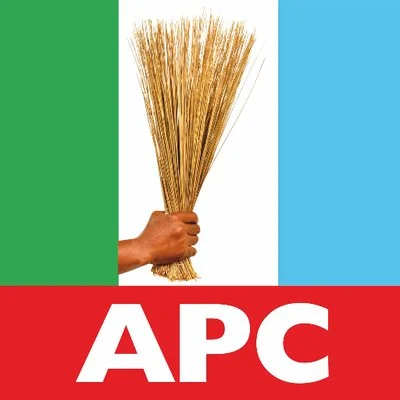Capital Market Experts Warn Nigeria’s Debt Crisis Nears Breaking Point

Nigeria’s public debt burden has again come under intense scrutiny as capital-market experts warn that the country is approaching an unsustainable fiscal threshold, raising concerns about rising borrowing costs, shrinking revenue capacity, and worsening macroeconomic pressures.
According to the latest assessments shared by market analysts and debt-management specialists, Nigeria’s total public debt — including domestic and external obligations — has surged to levels they say now demand urgent policy intervention. Experts note that the combination of continuous deficit financing, increasing reliance on short-term instruments, and exchange-rate volatility has pushed the country’s debt profile close to a critical point They warn that current debt-servicing commitments are consuming a disproportionate share of government revenue, leaving limited fiscal space for infrastructure development, social programmes, and economic-stabilisation efforts. In several recent financial reports, analysts observed that debt service has climbed to well over half of federally-generated revenue, a trend they say is neither healthy nor sustainable for a developing economy heavily reliant on borrowing Beyond the rising numbers, specialists highlight structural concerns: a high concentration of short-term domestic debt that exposes public finances to interest-rate shocks, and an expanding external debt stock vulnerable to fluctuations in the foreign-exchange market. Both trends, they argue, heighten refinancing risks and increase the cost of future borrowing At recent capital-market forums, speakers urged the federal government to adopt a stringent debt-sustainability strategy, prioritise long-term borrowing options, boost revenue generation, and ensure that loans are tied strictly to productive, growth-driven projects. They emphasise that Nigeria must avoid what they describe as a potential “debt trap” — a scenario where new loans are constantly procured to service existing obligations Fiscal policy observers further caution that without immediate reforms, deteriorating debt indicators may erode investor confidence, limit access to affordable credit, and weaken the country’s economic resilience in the face of global financial shocks They advised the government to move swiftly to strengthen the fiscal framework, deepen transparency in borrowing, and rebuild reserves while focusing on sustainable economic growth. Failure to act, they warn, could push the country toward a prolonged period of financial strain with severe social and economic consequences.









